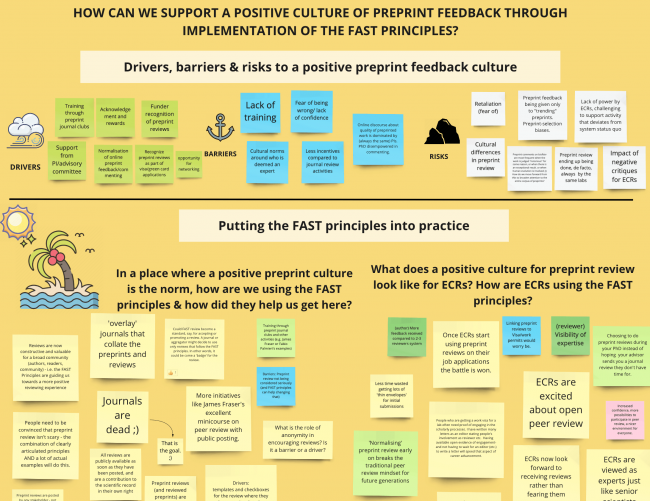The trials and tribulations of post publication peer review; Recap from November Community Call
In our November 2023 community call, we heard from Lonni Besancon (Assistant Professor, Linkoping University) about his work exposing fraudulent and unreliable science. Lonni began with an overview of how he started researching reliability issues and highlighted that this is not his primary role; indeed, it is a large issue in the current system that…













